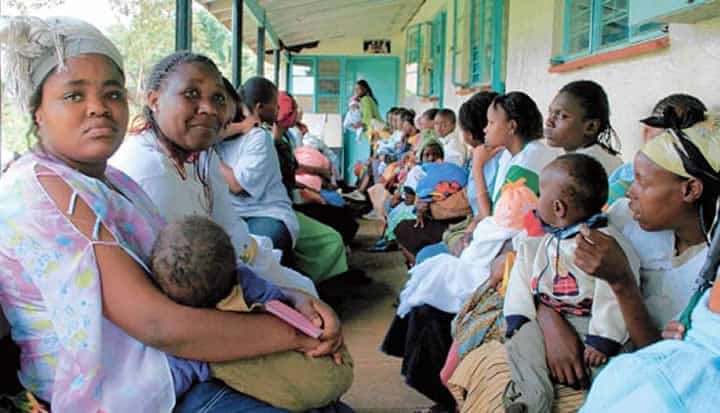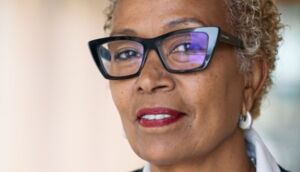Changamka Microhealth Ltd is making healthcare delivery more cost-effective and accessible in Kenya by using mobile phones and mobile money. It is piloting a program that helps low-income, expectant mothers get electronic maternal health vouchers that they can present on their mobile phones at health facilities.
The vouchers qualify mothers for antenatal, maternity, and post-natal services at select hospitals. Changamka also provides transportation cost subsidies via M-Pesa, the popular mobile money platform.
Fifteen percent of all female deaths in Kenya are caused by complications during childbirth. More than 500,000 women suffered physical injuries during pregnancy or childbirth, and as many as 194,000 of these injuries may have been life-threatening, according to a 2009 report by Kenya’s Ministry of Health.
Changamka aims to dramatically increase the rates of skilled and institutional deliveries so that more lives of expectant mothers and their babies are saved, by making healthcare accessible to more women.
“In just over one month, we recruited more than 500 women into the experimental pilot program, demonstrating an overwhelming demand for the vouchers,” according to Changamka, which is spreading the program by partnering with the National and District Ministry of Health, and a network of community health workers.
Changamka has also held interactive peer engagement forums at the village level, and has launched an SMS messaging campaign, to encourage low-income mothers to sign up for the health e-vouchers. “Our e voucher program replaces conventional paper voucher subsidy programs, and reduces administrative costs by almost 50 percent, while increasing our reach in an unprecedented way,” according to Changamka.
M-Health Makes Health Systems more Efficient and Accessible
Changamka has been a leader in explorating how mobile platforms can make Kenya’s healthcare systems more efficient and accessible to the poor. Nearly half of Kenyans live in poverty. Ninety percent of the population has no health insurance, but more than 90 percent have access to a mobile phone.
Changamka currently operates a popular pre-paid health savings card, called the Changamka OutPatient Smart Card, which is, in effect, an e-wallet that allows the bearer to incrementally save money towards health services. Card owners can receive exams, lab tests, and medicines at discounted rates negotiated by Changamka.
The card is available for purchase at retail partners around Nairobi, such as popular supermarkets, bank branches, and health centers. This is a key element of Changamka’s business plan, because many poor households need convenient, physical transaction points to add cash to their e-wallets.
Medical clinics also benefit from the program because it increases their clientele, reduces administrative costs, and guarantees timely payments.
Mobile Microinsurance Linked with Microsavings
Poor households typically do not have enough cash flow to cover health costs at any given moment, but if they have a convenient mechanism that helps them set aside money for health services, they can seek timely care and prevent costlier treatments later on. This philosophy is also guiding Changamka’s upcoming pilot project, a phone-based microinsurance product that allows members to incrementally save toward premiums.
Changamka’s mobile microinsurance product has the potential to transform Kenya’s health systems, because most microinsurance schemes in the developing world have not succeeded in becoming affordable for low-income individuals. Making payment premiums more flexible and allowing households to save for them slowly is an important step.
Using mobile technology and applications could also lower administrative costs by making information tracking, payments, and distribution more efficient. Changamka has signed up for a distribution plan with Safaricom, and is in the process of developing a mobile application that is integrated with the Safaricom M PESA platform.
“This allows us to directly market via SMS to all Safaricom clients, and will enable them to self-subscribe for the insurance services,” according to Changamka. This mobile microinsurance program is slated to launch in June 2013.
This story is part of a series about innovative business models that are solving the systemic health problems of different markets around the world. This initiative was selected as a finalist in the Transforming Health Systems: Gamechanging Business Models competition, launched by Ashoka Changemakers and Boehringer Ingelheim. Visit the competition page to vote for your favorite finalist before June 18.










